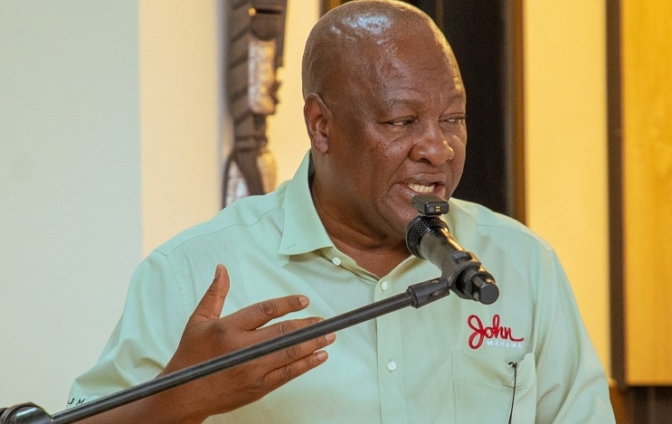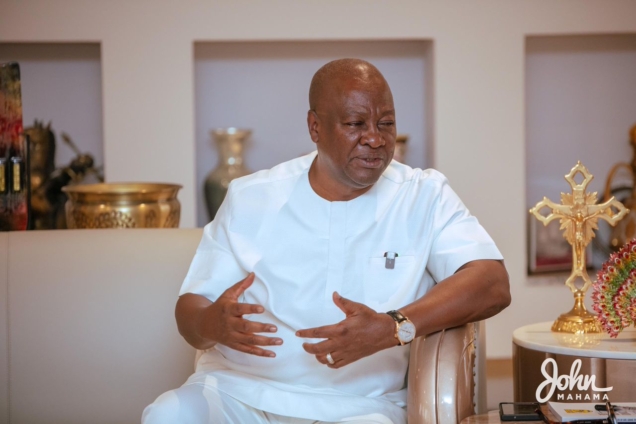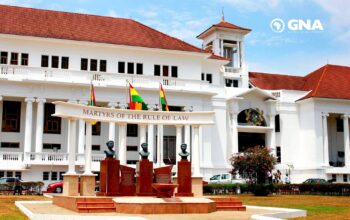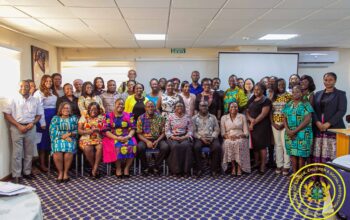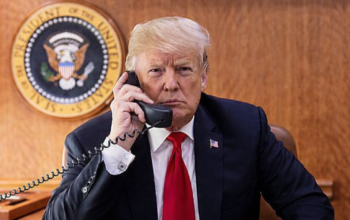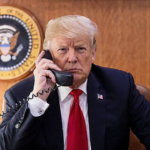President-elect John Dramani Mahama’s establishment of a public-facing anti-corruption team is a noteworthy step in signalling his administration’s commitment to transparency and accountability. By creating a platform for citizens to report suspected corruption, Mahama is positioning his government to address a critical issue that has long challenged governance in many countries. John Dramani Mahama’s initiative to establish a public-facing anti-corruption team indeed reflects a proactive approach to enhancing transparency and accountability. This effort not only acknowledges the importance of tackling corruption but also empowers citizens to actively participate in governance. By creating an accessible platform for reporting suspected corruption, Mahama is signalling a willingness to confront systemic issues that often undermine public trust and hinder national development. If effectively implemented, this measure could set a precedent for more participatory governance and stronger institutional checks against corruption. The composition of the anti-corruption team, chaired by Samuel Okudzeto Ablakwa, demonstrates a thoughtful approach to leveraging diverse expertise in combating corruption. With notable members like former Auditor-General Daniel Domelevo, renowned for his strong stance on accountability; retired Commissioner of Police Nathaniel Kofi Boakye, bringing law enforcement experience; private legal practitioner Martin Kpebu, known for his advocacy on governance issues; and investigative journalist Raymond Archer, with his proven track record in uncovering corruption, the team is well-equipped to tackle the challenges of corruption from multiple angles.
Their collective expertise provides a solid foundation for the initiative’s credibility and effectiveness. However, success will depend on the administration’s ability to ensure the team’s independence, provide them with the necessary resources, and enforce action based on their findings. This development underscores the Mahama administration’s broader strategy to rebuild public trust and fortify anti-corruption institutions. By integrating a specialized team into the existing framework, the initiative aims to complement established mechanisms such as the Office of the Special Prosecutor and the Commission on Human Rights and Administrative Justice (CHRAJ), rather than duplicating efforts.
Encouraging citizen participation in the fight against corruption is a particularly noteworthy aspect. Providing the public with accessible channels to report corruption not only empowers individuals but also enhances the accountability of public officials and institutions. However, the success of such initiatives often hinges on how reports are handled—ensuring timely investigations, protecting whistleblowers, and demonstrating tangible outcomes will be critical to sustaining public confidence.
